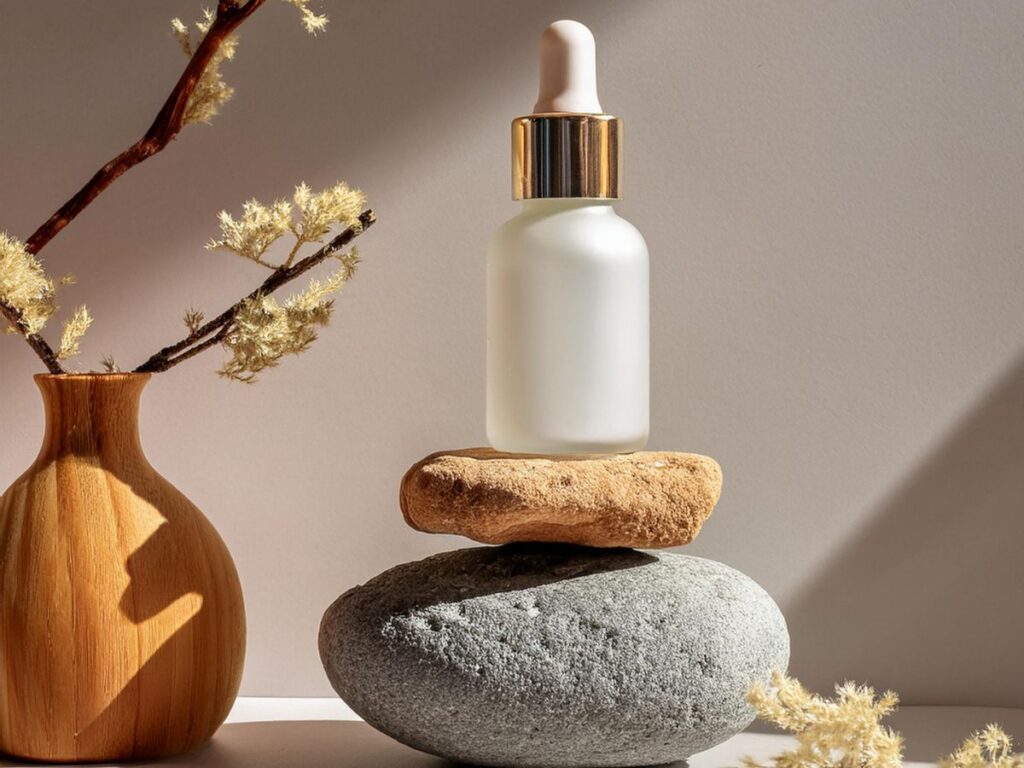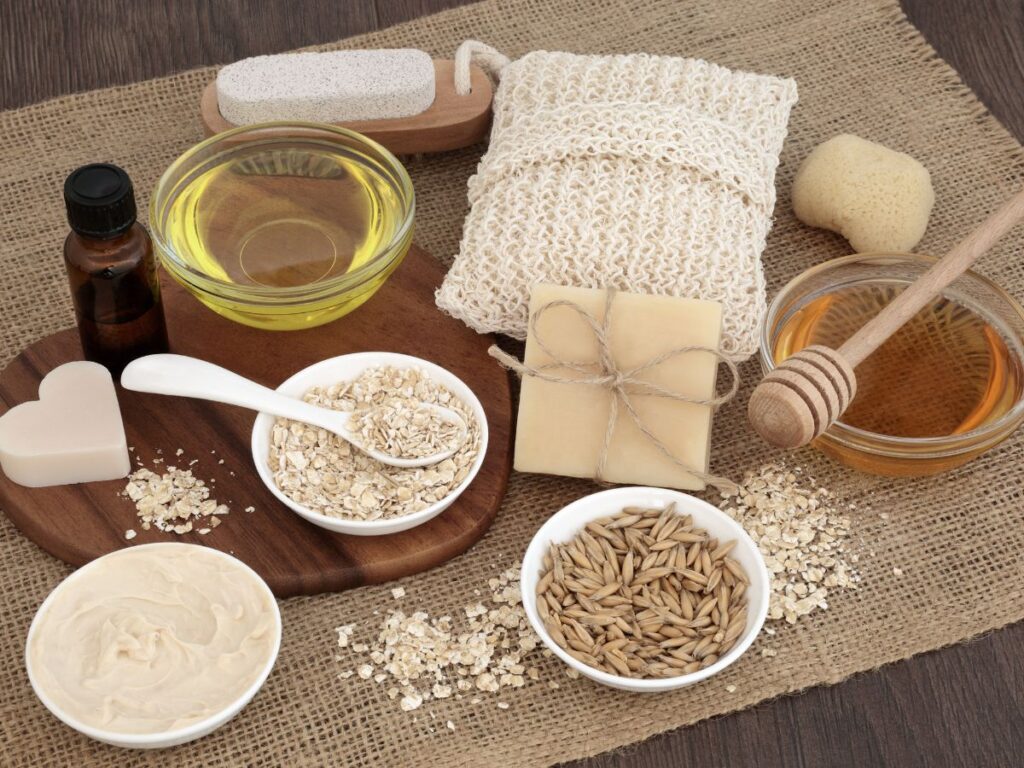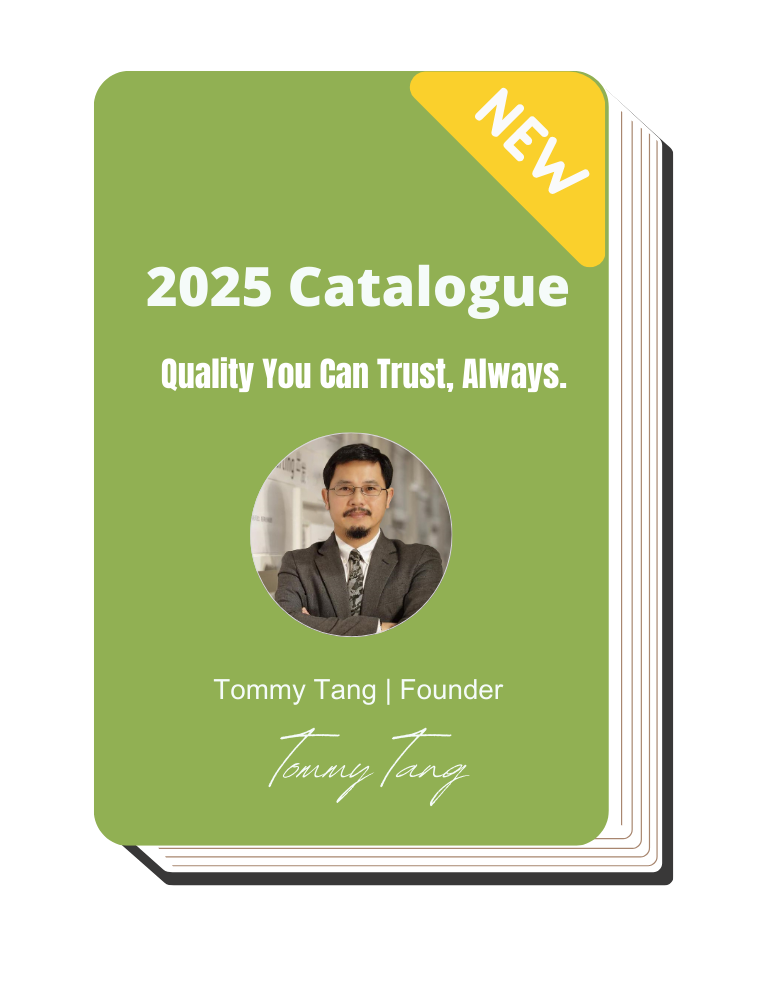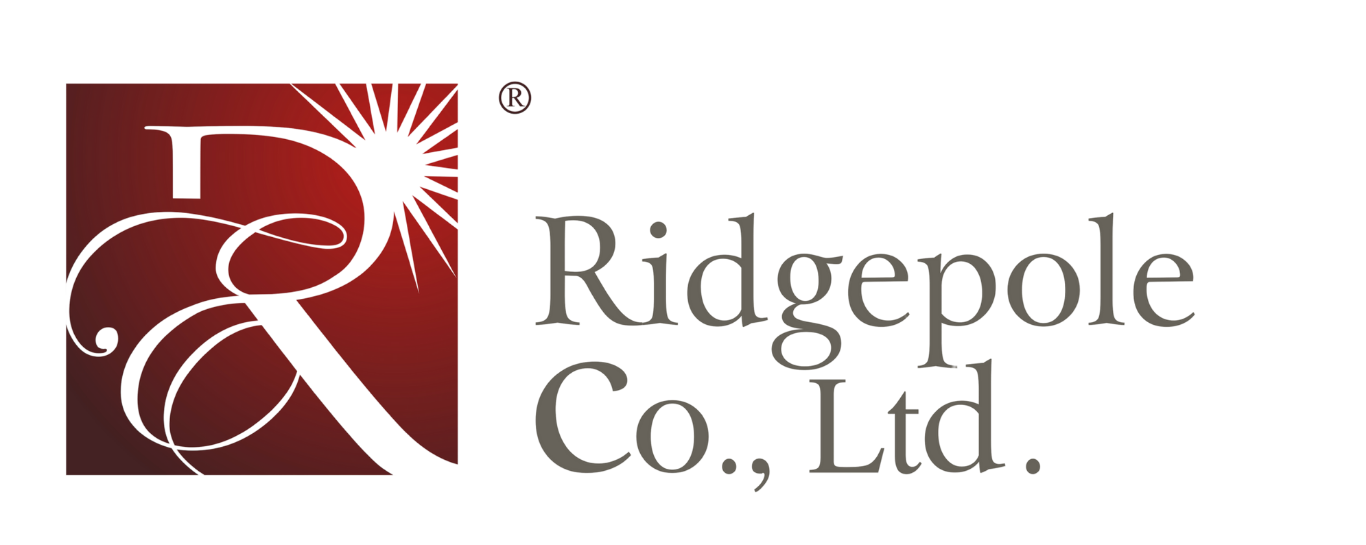How to Find a Skincare Manufacturer?

Author: Tommy Tang | Founder at Ridgepole
Hi, I'm Tommy Tang, here to share my expertise in skincare with you.
Table of Contents
Finding a skincare manufacturer for my brand wasn’t as easy as I thought. I imagined I could just search online, get a few quotes, and pick the best one. But things didn’t go as planned. My inbox stayed empty, and I found myself lost in endless research.
If you’re here, you might be feeling the same way. The skincare industry is huge, but choosing the right manufacturer can be a real challenge.
I’ve been there, and I learned a lot along the way. That’s why I created this guide—to share real, helpful information, not just generic advice. I’ll break down the process step by step, keeping things simple and clear.
Let’s get started!
Step#1 Define Your Needs and Goals
Before searching for a skincare manufacturer, you must clearly define your business needs. Knowing your niche, budget, and target market will help you choose the right manufacturing partner.
Identify Your Skincare Product Niche
Before looking for a manufacturer, you need to define your product niche. Ask yourself:
- What types of skincare products do you want to sell? (e.g., cleansers, serums, organic skincare)
- Do you need private label (pre-made formulas with your branding), white label (generic formulas with slight customization), or custom formulations (made from scratch based on your needs)?
Defining your niche will help you find manufacturers that specialize in your product type.
Set Your Budget and Order Requirements
Knowing your budget will help narrow down manufacturers that fit your financial goals. Consider:
- Manufacturing and packaging budget
- Minimum Order Quantity (MOQ)
- Price per unit
Understand Your Target Market and Distribution Channels
Your target market influences the type of manufacturer you need. Think about:
- Who will buy your product? (Luxury buyers, mass-market shoppers, or organic skincare users?)
- Where will you sell? (E-commerce, retail stores, or wholesale distribution?)

Step#2 Research Potential Skincare Manufacturers
Once you define your needs, it’s time to find potential manufacturers. Focus on reliable sources where trusted suppliers list their services. Using multiple sources will help you compare options, check credibility, and find the best fit for your brand. Here’s where to find manufacturers using reliable sources:
- Alibaba: A global marketplace for manufacturers. Use filters to search for skincare suppliers, read reviews, and compare pricing. Check for verified suppliers with trade assurance for added security.
- ThomasNet: A platform that connects businesses with U.S. manufacturers. It is ideal if you prefer domestic production. Search for skincare suppliers by category and review their certifications.
- Global Sources: A B2B platform similar to Alibaba but known for verified suppliers. It offers detailed company profiles and lets you request quotes from multiple manufacturers at once.
- Cosmoprof Trade Show: One of the largest beauty and cosmetics expos. Meet manufacturers face-to-face, test product samples, and negotiate deals. It’s an opportunity to find reliable partners and learn about new trends.
- In-Cosmetics Global: A leading trade show focused on cosmetic ingredients and suppliers. It’s a great place to meet contract manufacturers and private-label suppliers. Attend workshops to learn about formulation trends.
- Personal Care Products Council (PCPC) Directory: A trusted resource for personal care manufacturers. Search their member directory for certified skincare manufacturers that meet industry standards.
- Chamber of Commerce Lists: Many local chambers publish directories of manufacturers. This can help you find domestic suppliers, often with lower shipping costs and faster delivery times.
- LinkedIn and Professional Networks: Use LinkedIn to search for skincare manufacturers, join industry groups, and connect with suppliers. Many manufacturers showcase their capabilities and client testimonials on their profiles.
Step#3 Evaluate Manufacturer Credibility and Quality Standards
After listing potential manufacturers, you must evaluate their credibility. Focus on their certifications and standards to ensure they meet industry requirements for safety, quality, and ethical practices. These includes:
- GMP (Good Manufacturing Practice): A system ensuring products are consistently made and controlled according to quality standards. It covers every part of production, from ingredients to packaging.
- ISO 22716 Certification: An international standard for cosmetics manufacturing. It outlines best practices for hygiene, quality control, and safety during production.
- FDA Registration (for U.S. Markets): Required if you plan to sell in the U.S. It confirms that the manufacturer follows safety and labeling regulations set by the Food and Drug Administration.
- Cruelty-Free Certification: Verifies that the manufacturer does not test products or ingredients on animals. Common certifications include Leaping Bunny or PETA’s cruelty-free seal.
- Organic Certification: Confirms that products meet organic production standards. In the U.S., USDA Organic is the recognized certification for organic skincare.
- Vegan Certification: Ensures that no animal-derived ingredients are used. Look for certifications from groups like The Vegan Society.
- EcoCert Certification: A leading certification for natural and organic cosmetics, verifying the use of sustainable ingredients and eco-friendly manufacturing processes.
- Fair Trade Certification: Confirms that ingredients are sourced ethically, supporting fair wages and sustainable practices in ingredient supply chains.
Step#4 Discuss Customization Options and Services
When choosing a skincare manufacturer, ask about their customization options. Some manufacturers only offer pre-made formulas, while others can create unique blends tailored to your brand. Find out if they source special ingredients like organic oils, plant-based actives, or trending compounds such as CBD.
In my experience helping brands develop private-label products, packaging often gets overlooked. But it matters just as much as the formula. Ask if:
- They offer design services for labels and boxes.
- Do they provide sustainable options, like glass bottles or biodegradable tubes?
- Their packaging minimum orders and material choices upfront.
The right manufacturer will help you create a product that stands out on shelves and meets customer expectations.

Step#5 Compare Costs and Minimum Order Quantities (MOQs)
Understanding costs and MOQs is key to staying within budget. Start by asking for a detailed cost breakdown, including per-unit pricing, packaging fees, and extra services like labeling or storage. This helps you avoid hidden charges. Compare quotes from multiple manufacturers to find the best value without sacrificing quality.
Next, discuss MOQs. Some manufacturers require large orders, which may strain your budget. If you’re launching a new brand, ask about small-batch production or flexible minimums.
Some suppliers offer lower MOQs for startups. Negotiating early can save you money and help you scale production as your business grows.
Step#6 Check Production Capacity and Lead Times
Production capacity and lead times are critical for meeting your launch dates and keeping products in stock. You need a manufacturer who can deliver on time and scale with your business as it grows.
Production Timeline
- Ask how long it takes to produce samples and switch to mass production. Sample production usually takes weeks, while full orders may take longer.
- Find out how quickly they can produce repeat orders. Shorter reorder times help you avoid stockouts, especially during peak seasons.
Scalability of Production
- Ask if they can increase production as your business expands. A scalable partner will help you meet growing demand without delays.
- If you plan to sell worldwide, ensure they can handle international shipping and meet different market requirements.
Step#7 Review Contract Terms and Intellectual Property Rights
A strong contract protects your business from misunderstandings and legal issues. Carefully review all terms before signing. Focus on payment conditions, timelines, intellectual property rights, and confidentiality agreements. These points will help you secure your investment and protect your brand:
Payment Terms
Clearly define the payment schedule, including deposit amounts and balance due dates. Some manufacturers require 30-50% upfront. Ask if they offer milestone payments for large orders. Understand their refund policy and penalties for late payments to avoid future disputes.
Turnaround Times
Set clear expectations for production timelines and delivery dates. Include terms for delays, such as penalties or discounts if deadlines are missed. Confirm how they handle urgent orders and their policy during peak seasons or supply shortages.
Intellectual Property Rights
Clarify who owns the formula, especially for custom products. Some manufacturers claim ownership unless stated otherwise. If you pay for development, ensure the formula is yours. This protects your brand if you change suppliers.
Non-Disclosure Agreements (NDAs)
An NDA protects your business secrets, including formulas and branding ideas. Ensure the contract prevents the manufacturer from sharing or selling your product details. NDAs are crucial for custom formulations and unique packaging designs.
Step#8 Assess Post-Production Support and Ongoing Services
Check if they provide a dedicated account manager or contact person. Quick responses to your questions or concerns are essential, especially during reorders or unexpected issues. Strong communication builds trust and avoids costly mistakes.
As trends change, you may need to update your formulas or packaging. Ask if they offer reformulation services and collaborate on seasonal or limited-edition products. A flexible partner helps your brand grow and stay competitive.
Final Thoughts
Looking back at my journey, I know how overwhelming it can be to explore the skincare manufacturing process. The research and the endless questions about ingredients and compliance can be exhausting.
But trust me, once you find the right partner, everything changes.
Halal skincare isn’t just a trend, it’s a commitment to quality, ethics, and inclusivity.
If your brand is built on these values, choosing a manufacturer that understands and respects them is non-negotiable. And now, you have the knowledge to make that choice with confidence.
If you’re looking for a reliable halal skincare manufacturer that meets the highest industry standards, Ridgepole is a great place to start.
Contact us today to discuss your halal skincare manufacturing needs!
Check Out These Additional Resources
Not quite what you’re looking for? Explore our wider product range for more choices:
Still haven’t found what you’re looking for? Don’t hesitate to contact us. We’re available around the clock to assist you.
Quick Quote
Own Your Private Label Cosmetic Line Is No Longer Difficult Here!





